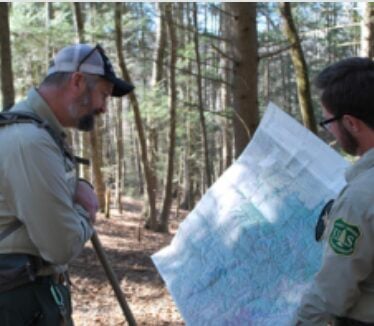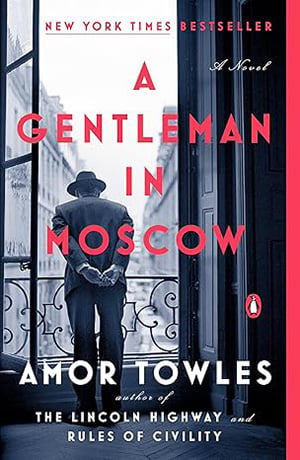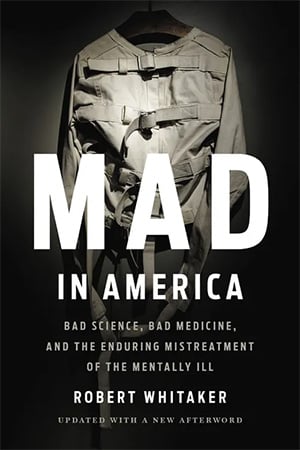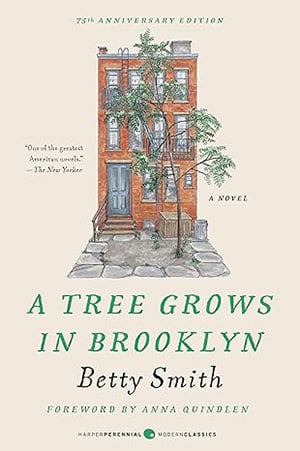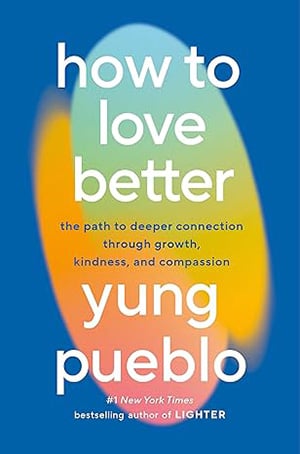By Steve Flairty
NKyTribune columnist
From my viewpoint, the active elevation of the need for good, moral character appears to be sitting on the back burner of national discourse these days. At least, it appears that Americans as a whole are not demanding it as an essential aspect of leadership.
My view is that both major political parties need to work on such. I don’t plan to give my opinion on who needs it most, but I don’t mind saying it is a big issue in general.
On that note, I’ve recently searched for some books touching on the theme of good character, especially for those not specifically labeled as religious or politically based. I’m looking for writings that might give each of us pause to reflect on our own lives and how we measure up on the subject. This quest is as much for me, personally, as it is for others.
Here are some books suggested by friends and acquaintances, or ones I’ve found from articles or reviews. I have not read all of them, so will be careful about necessarily recommending them.
A Gentleman in Moscow is a novel mentioned a few times. The setting is in 1922 Russia, where aristocrat Count Rostov has been sentenced to house arrest by a Bolshevik tribunal at the Metropol, a grand hotel across from the Kremlin. Once proud and not used to hard times, he lives in an attic while Russia is in great national travail. The experience brings great emotional discovery to the Count.
Marcus Lynn, senior minister at First Christian Church, in Versailles, expressed these thoughts about what he deems to be a powerful character read, saying that The Gentleman in Moscow “covers many decades of him in the hotel and how he changes his perspective on life without losing his sanity or integrity . . . (and) challenged me to consider how I might live elegantly and faithfully in my own ‘confines’ with dignity instead of despair. It pushed me to see freedom not as boundless options, but as the ability to choose.”
A Covington resident, Robin Rider-Osborne, suggested several offerings of themes relating to “doing the right thing.” Among them are books by Edgar Caye or James Redfield, Scott Peck’s People of the Lie, or Mad in America, by Robert Whitaker.
The latter one, she said, “changed my life.”
How so?
“It educated me about the history of mental illness and psychiatric drugs,” Robin explained. “He (Whitaker) exposed the chemical imbalance theory was a marketing ploy to sell the drugs. I had been on the antidepressants for years and it had been getting worse. The side effects of the drugs are suicide and homicidal ideation.”
Through reading Mad in America, Robin got help for her issues, she explained, and recovered. She thinks that children are being harmed by the use of such drugs and has helped to note the history of such on the Kentucky Historic Institutions website.
Jayne Moore Waldrop, an author from Cadiz, offered these positive character books:
• To Kill a Mockingbird, by Harper Lee
• Les Miserables, by Victor Hugo
• Eli the Good, by Silas House
• Charlotte’s Web, by E.B. White
Jayne remarked that “I chose fiction because, instead of simply being told what is right or wrong, readers experience the consequences and nuances of ethical dilemmas and moral conflicts.”
One of my best-read friends, Gayle Deaton, added these to the list:
• Jayber Crow, by Wendell Berry
• The Dollmaker, by Harriette Arnow
• A Tree Grows in Brooklyn, by Betty Smith
• Lassie Come Home, by Eric Knight
Gayle said she’s read the Betty Smith book “at least ten times” and noted that the classic Lassie book “as much a good read for adults as for the young—maybe more so.”
The Power of Positive Thinking, by Norman Vincent Peale, has been important in former Eastern Kentucky University student-athlete Ray Spenilla’s life. Ray demonstrated his appreciation for Peale by naming his first son “Joshua Vincent” because of Peale’s positive influence. “This famous, but most humble person, actually took the time to write me a hand-written thanking me of all things,” said Ray. “I guess I loved him because his messages, although viewed as simplistic by some, focused on training and filling our minds with both positive thoughts, attitudes, and actions.”
How to Love Better, by Yung Pueblo, is a “beautiful use of poetry, personal experience, and practical advice to help us understand ourselves and our partners better,” said Wendy Wilhoit, of Versailles. “As a grandmother, I am realizing that our mere presence can have on our grandchildren, and I cherish the role we can play in this world of turmoil that we exist in.”
A former fourth grade student of mine — some 25 years ago — introduced me to an author of whom I was unaware. Garett Wilson, of Lexington, noted that “for books that promote good character, I have to give the title to the black sheep in my library, (and) that is the Fletch series by Gregory McDonald. The titular Fletch isn’t a good person on the surface. He’s smug, headstrong, and knows he’s the smartest person in the room. Underneath, though, he’s kind, with a sense of justice to the point that he sacrifices himself for the sake of finding truth, even if it is occasionally for profit.”
It sounds like Gregory McDonald has impressed Garett, but I’ll not necessarily agree about his insights before reading a Fletch book. But I certainly respect Garett for sharing this. I think it’s a clue that my former student values character and searches for examples to model… even if one needs to look extra hard into the lives of people like Fletch.
Chuck Mraz, a radio broadcaster from Morehead, mentioned one of my favorites, JFK’s Profiles in Courage, and Bettie Ockerman shared The Greatest Salesman in the World, by Og Mandino. Dave Robertson surprised me by suggesting The Christmas Carol, by Charles Dickens.
I’ve read only parts of author/speaker David Brooks and his book, The Road to Character, but I love the title — as it implies developing good character is a process. I believe that that is so true, and that the key is developing authentic humility, though very tough to do.
Connecting to my lede in this column, let’s start a grassroots movement to insist on the value of good character in those we choose to lead — regardless of political affiliation. That might start by championing quality reading of character-related books, and each of us (with me first in line) being affected positively by doing so.















